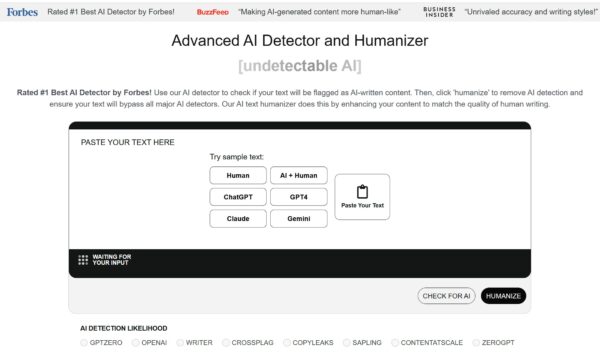A generic AI mode refers to an artificial intelligence system’s ability to operate without specific training or customization for a particular task or domain. In this mode, the AI employs a broad range of knowledge and skills to perform various functions or solve different types of problems, often relying on pre-existing data or algorithms.
Generic AI models are often built using techniques like machine learning or deep learning and may be trained on large datasets to learn patterns and relationships in data.

Unlike specialized AI models tailored for specific tasks like image recognition or natural language processing, a generic AI mode aims to be versatile and adaptable across multiple applications. It leverages general principles of machine learning and decision-making to address diverse challenges, making it valuable for broad-spectrum tasks where flexibility and scalability are essential.
If we think about the term “Omnipurpose” it suggests that the AI model is intended to be useful for a multitude of purposes or applications. It implies versatility and the ability to handle diverse tasks effectively. An omnipurpose AI model would be capable of performing various functions across different domains without requiring significant modifications or retraining for each specific task.
In essence, a “generic AI model omnipurpose” would be an AI model that is not specialized for any particular task or domain but is instead designed to be broadly applicable and capable of addressing a wide range of problems or tasks effectively. These types of models are often sought after for their flexibility and potential to be applied to different use cases across industries.
Hopefully we will live long enough to see it!










Leave a Reply
You must be logged in to post a comment.